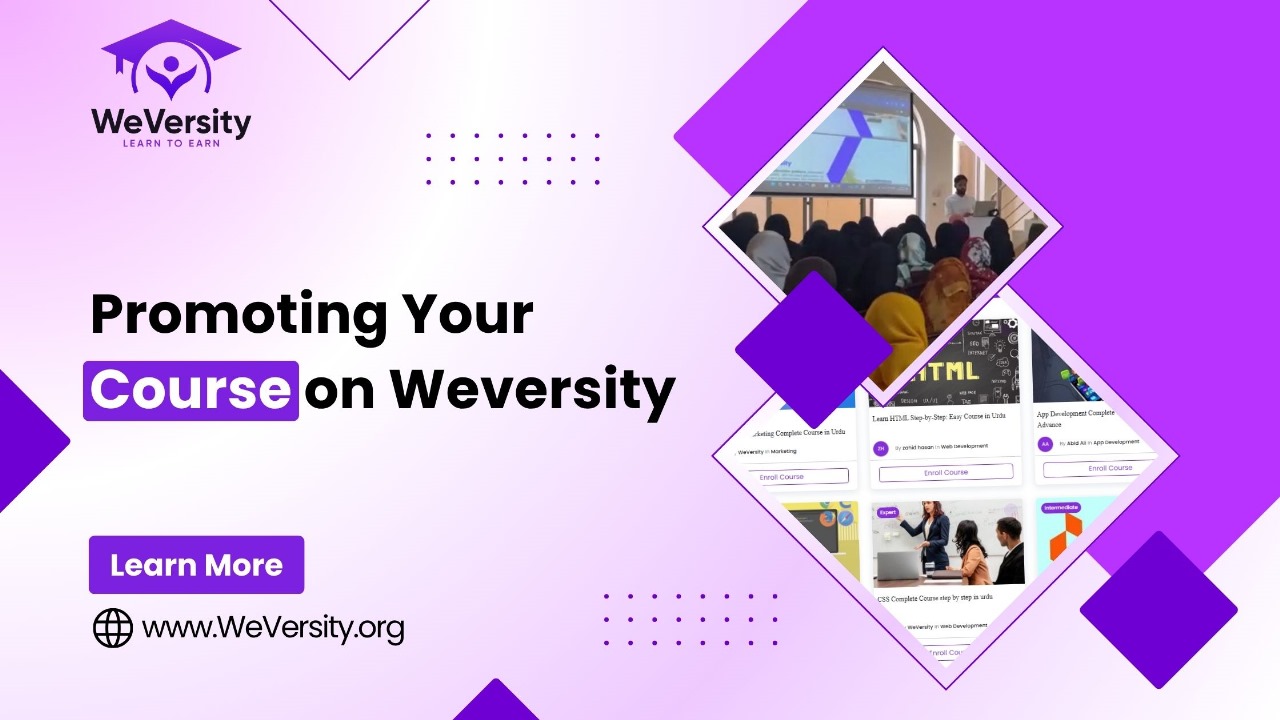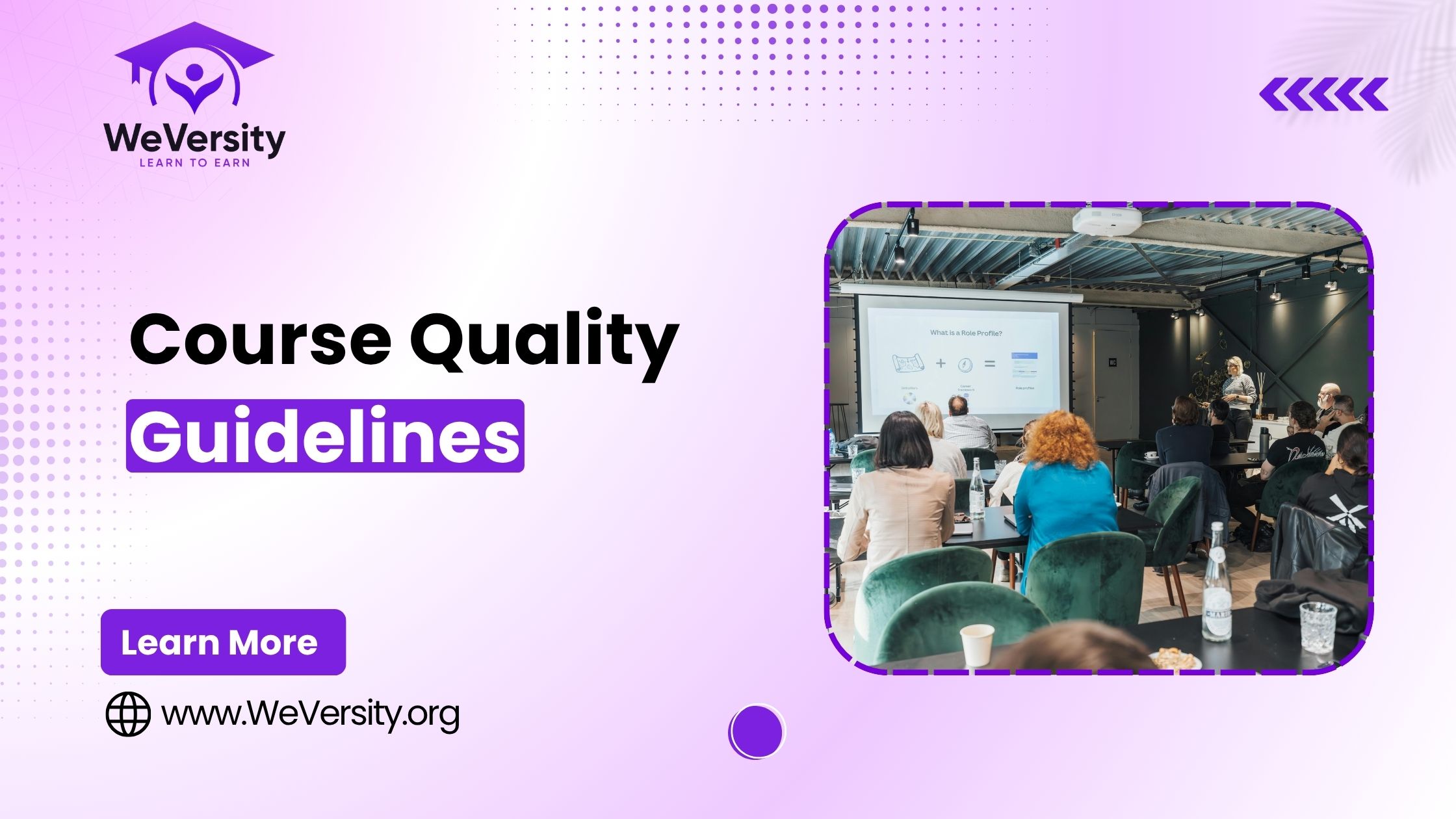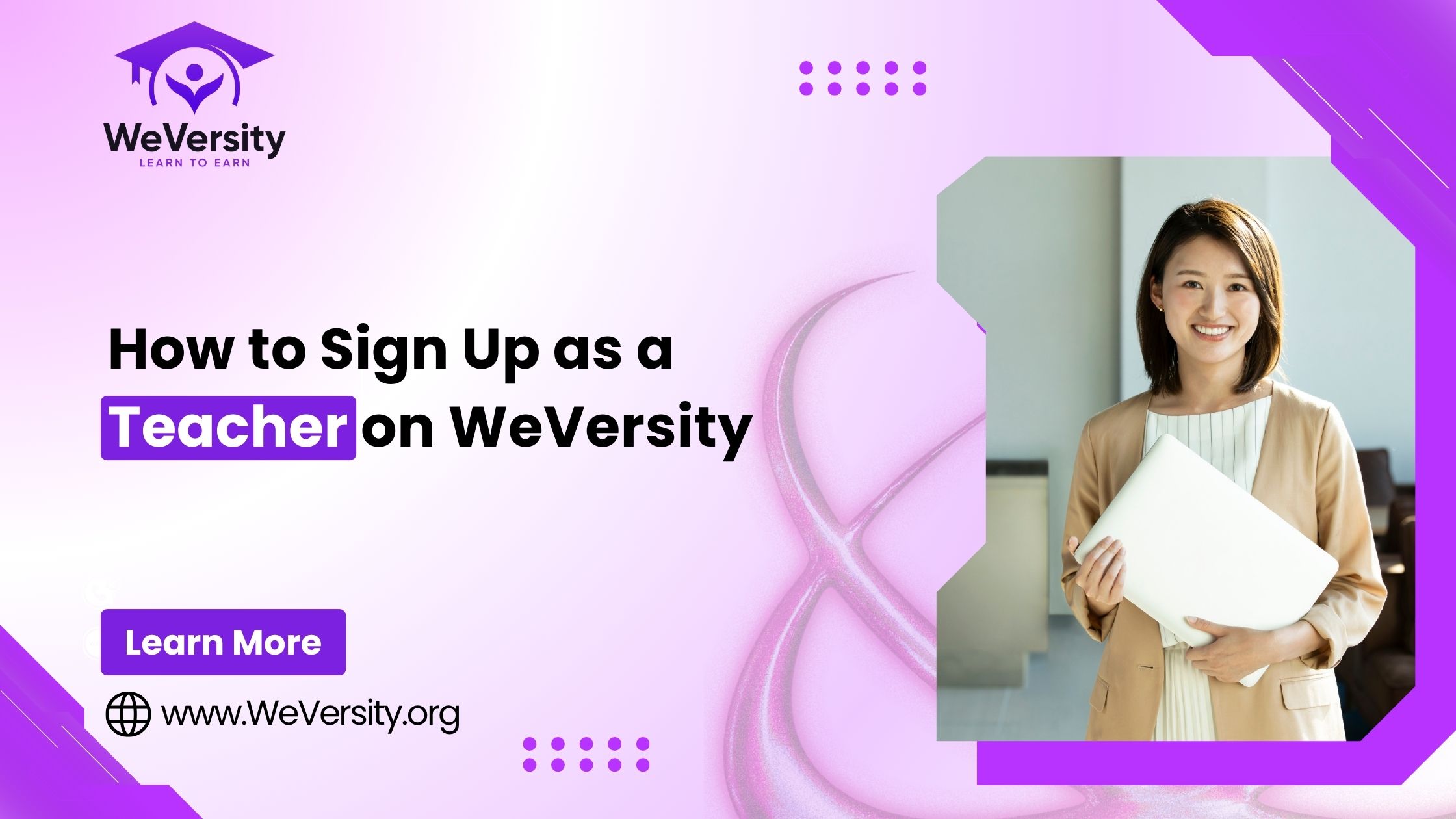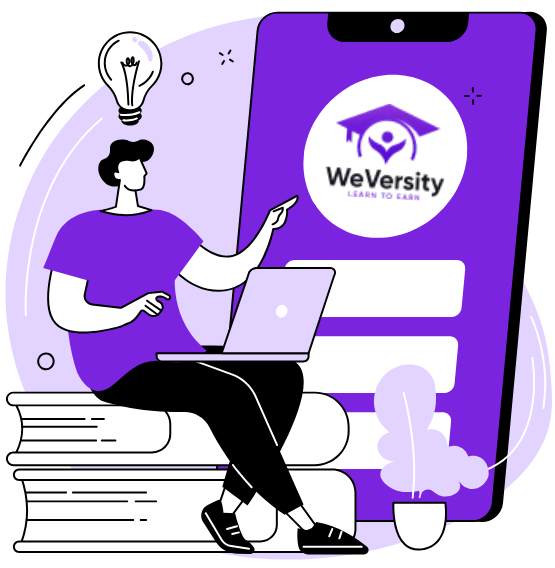Have you ever watched someone pick up a new language, master a musical instrument, or learn coding in just weeks and wondered how they do it so quickly? It might seem like magic or raw talent, but in many cases, it’s something much more accessible: meta-learning.
Often described as “learning how to learn,” meta-learning is the hidden engine behind rapid skill acquisition, lifelong learning, and adaptability. It’s not just a buzzword; it’s a superpower in the modern world, and one that platforms like WeVersity.org are designed to support.
What Exactl Is Meta-Learning?
Meta-learning is the process of understanding and optimizing your own learning. It’s about developing self-awareness of how you absorb, retain, and apply information. Think of it as stepping back from the material and asking:
- How do I learn best?
- What strategies work for me?
- What slows me down, and why?
It’s the skill behind all other skills, whether you’re learning calculus, photography, or how to fix a bike. At WeVersity, this philosophy is central; we don’t just teach skills, we guide learners to understand their learning journey.
Why Meta-Learning Matters More Than Ever
In a world that’s constantly changing, where job roles evolve and knowledge is just a click away, the ability to learn quickly is more important than ever.
According to the World Economic Forum, the top skills for the future are not just coding or data analysis; they’re adaptability, critical thinking, and learning agility. Meta-learning is at the core of all three.
With meta-learning:
- You can master new technologies faster.
- You can retrain yourself when industries shift.
- You become resilient in the face of change.
That’s exactly what WeVersity.org aims to empower through its free, practical, and community-driven educational programs. Whether you’re reskilling for a new job or exploring a passion project, WeVersity helps you adapt and grow.
The Three Pillars of Meta-Learning
- Self-Awareness
Do you learn best visually? Through repetition? By teaching others? Self-awareness means understanding your learning preferences, challenges, and strengths. Without this foundation, you may waste time using methods that don’t work for you.
Try this: Reflect on past learning experiences. What helped you learn something faster? What held you back?
- Strategy Selection
There are countless techniques, such as mind mapping, spaced repetition, chunking, and interleaving. Meta-learners don’t just rely on one method; they test, tweak, and choose the best strategy for the situation.
Try this: Use the Feynman Technique; explain a concept in simple terms as if teaching someone else. If you struggle, that’s where you need to focus.
- Reflection & Adaptation
Learning isn’t static. What worked yesterday might not work tomorrow. Meta-learners consistently review, adapt, and optimize their approach based on feedback and results.
Try this: After each study session or project, ask, What worked? What didn’t? What should I change next time?
How Polyglots, Athletes & Entrepreneurs Use Meta-Learning
Polyglots (Multilingual Speakers): They don’t just memorize vocabulary; they understand how to learn languages. Many use spaced repetition, immersive environments, and self-feedback. Platforms like WeVersity offer similar tools to help users with language, tech, and soft skills.
Athletes: Elite athletes study their own performance obsessively. They look at video replays, monitor progress, and adjust training methods, always learning how to learn better.
Entrepreneurs: In fast-moving industries, they pivot, learn new tools quickly, and adapt strategies. Meta-learning helps them stay sharp, just like WeVersity helps professionals upskill rapidly through flexible, targeted courses.
Common Myths That Block Meta-Learning
Let’s bust a few myths that could be holding you back:
- “I’m just not good at X.”
- Truth: You may have just never learned it the right way for you.
- “Smart people don’t need strategies.”
- Truth: High performers often rely on refined learning methods, but they just don’t always mention them.
- “If I fail, it means I can’t do it.”
- Truth: Failure is part of feedback. Meta-learners treat mistakes as data, not defeat.
The Meta-Learner’s Toolkit
Here are proven techniques meta-learners use regularly:
- Spaced Repetition
- Revisit material at increasing intervals to strengthen long-term memory.
- Visualization
- Use mental imagery or draw concepts. It engages multiple brain pathways.
- Interleaving
- Mix different topics to build flexibility.
- Self-Explanation (Feynman Technique)
- Explain in plain terms to reveal understanding gaps.
- Reflective Journaling
- Write down what you learned, how, and how you’ll apply it.
Many of these strategies are baked into WeVersity’s courses and mentoring system, where learners are encouraged to experiment and reflect.
How to Start Meta-Learning Today
You don’t need a special course to become a meta-learner, but a guided platform like WeVersity can accelerate the process.
- Set Clear Learning Goals
- Don’t say, “I want to learn Python.” Say, “I want to build a calculator in 2 weeks.”
- Test Different Learning Methods
- Try videos, books, and peer discussions. Track what helps you retain more. Use WeVersity’s diverse resources to explore.
- Log Your Learning
- Keep a journal or use an app. Reflect and adjust. WeVersity provides templates and support.
- Talk to Yourself (Yes, Really)
- Pretend you’re teaching the material.
- Track Outcomes, Not Just Effort
- Focus on what you can do after learning, not just how long you studied.
Case Study: The 30-Day Meta-Learning Challenge
Let’s say you want to learn basic Spanish in a month. Here’s a sample meta-learning approach:
- Week 1: Experiment with Duolingo, YouTube lessons, and flashcards. Log effectiveness.
- Week 2: Focus on the best method. Add immersion (Spanish music/podcasts).
- Week 3: Practice speaking aloud. Use the Feynman Technique on grammar rules.
- Week 4: Take a test. Reflect: What worked? What will you improve?
With WeVersity, you can structure similar challenges, get feedback from mentors, and track your progress with purpose.
Why Meta-Learning Is the Future of Education
Modern education often teaches what to learn but rarely how. That’s a problem in a world where knowledge evolves rapidly.
Meta-learning empowers individuals to:
- Take ownership of their learning.
- Stay competitive in shifting industries.
- Learn anything faster and smarter.
WeVersity.org is built on this exact philosophy. It equips learners not just with knowledge, but with the mindset and tools to continuously grow.
Conclusion: Be the Architect of Your Own Mind
Meta-learning isn’t just for geniuses or academic elites. It’s a learnable, repeatable process available to anyone willing to reflect and experiment.
When you learn how to learn, every other skill becomes easier, faster, and more enjoyable.
So next time you start a course, project, or personal goal, don’t just ask what you want to learn.
Ask: How can I learn this better?
That question could change your life, and WeVersity is here to guide you along the way.
Ready to put meta-learning into action?
Explore WeVersity’s hands-on courses, including our Social Media Marketing program, where expert mentors help you not just learn, but learn smarter. Start your journey at weversity.org.




